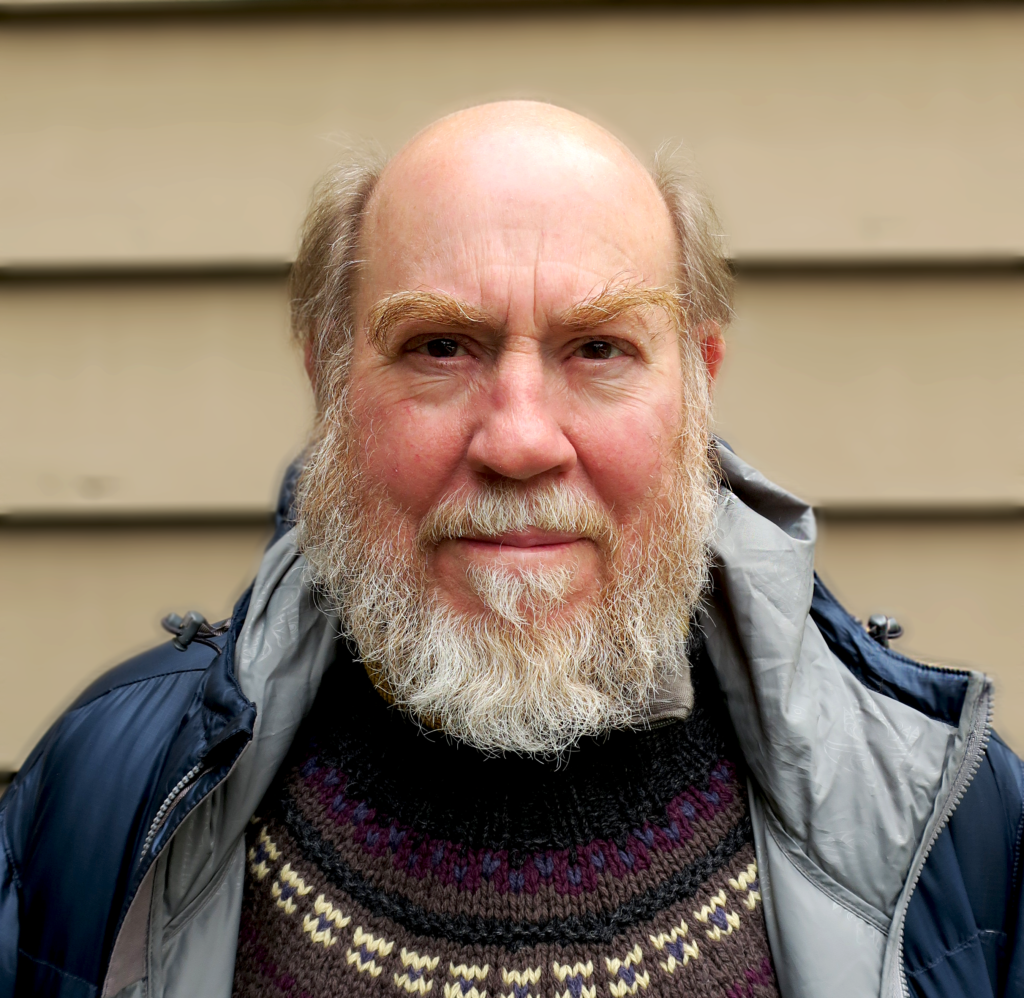
Why Adjuncts Can’t Just Take Over the Unions
By Jack Longmate and Keith Hoeller
Union Democracy Review
originally Published by the Association for Union Democracy, NO 223, February, 20231
Nearly seventy years ago the U.S. Supreme Court ruled that separate can never be equal and struck down racial segregation in our nation’s K-12 public schools (Brown v. Board of Education). Yet in the past fifty years, higher education has instituted a separate but unequal system of faculty employment based on tenure-status. Colleges and universities have completely reversed the 75/25% ratio of tenure-track faculty to non-tenure-track faculty that existed in the 1960’s and 1970’s. At present, three out of every four professors now teach off the tenure-track—most becoming part-timers involuntarily, not by choice—with poverty-level pay, few if any benefits, and zero job security.
We have called this system of sweatshop employment “faculty apartheid.” Its most important feature is that tenured professors have lifetime job security in the form of tenure. But those who teach off the tenure-track usually have no job security from term to term, let alone year to year, as the California Education Code 87482.3 subsection (d) makes explicit:
In all cases, part-time faculty assignments shall be temporary in nature, contingent on enrollment and funding, and subject to program changes, and no part-time faculty member shall have reasonable assurance of continued employment at any point, irrespective of the status, length of service, or reemployment preference of that part-time, temporary faculty member.
Unfortunately, these stark divisions also exist within the faculty unions, which have bargained two-tier contracts throughout the U.S., and who seem content with the resulting two-tier workforce. One might expect that the full-time tenured instructors would insist on equal pay for their non-tenured colleagues, if not out of solidarity, then out of self-interest to avoid losing work to cheaper workers. But since tenured instructors are contractually guaranteed job security and full-time work, no such fear exists.
While the average California tenured community college professor clears nearly $100K annually, the average part-timer earns around $20K. Those low wages are the result of being restricted from working more than 67% of full-time in any college district and severely discounted payscale—often 60 cents on the dollar—bargained by their unions. As many as 25% of California adjuncts receive public assistance. Meanwhile, California’s tenured instructors may voluntarily work overtime (course overloads) to earn extra income, displacing part-time instructors’ jobs whenever they do.
We have often heard the following response to these dismal statistics: “Well, since these contingent professors outnumber the full-timers by two to one, why don’t you run your own slate of officers, take over the unions, and implement majority rule?”
This question assumes a union democracy that does not exist due to two fundamental power differences between the two tiers: (1) the tenured faculty are protected by tenure, while the part-timers have no job security, and (2) the tenured professors serve as their de facto supervisors, performing evaluations, assigning courses, hiring and rehiring the part-timers. Thus, for precariously employed part-time instructors to take control of a union amounts to employees taking control away from their bosses.
Many adjuncts have gotten involved in their unions, have been elected to executive boards, and have spoken out against the two-tier system and demanded equality. But some of those activists have found themselves subjects of retaliation or their unions have removed them from their elected offices (e.g., Doug Collins from the Seattle Federation of Teachers in 2003; Jack Longmate from the Olympic College union in 2011), replaced them by either with full-timers, or else with adjuncts more willing to align themselves with the full-timers.
Unfolding at this moment is the case of Dr. Sayed Khaled Hussain, an adjunct for 21 years in the Los Angeles Community College District, where the part-time faculty outnumber the full-timers by two to one. Hussain became an elected member of the executive board of AFT Faculty Guild 1521 with the intention of turning things around. He was appalled at how his union contract favored the full-timers at every turn and he began informing adjuncts of the huge disparities. He asked adjuncts to get involved with the union, to fill out a survey about adjunct priorities in the next round of contract negotiations, and to vote in union elections.
What was the union leadership’s reaction to Hussain’s efforts at moving them off dead center? On October 13, 2022, union president, James McKeever, with the union’s attorney, Lawrence Rosezweig, on the attorney’s letterhead, requested that Hussain “voluntarily withdraw from your position” on the union’s executive board, claiming that his email correspondence with adjuncts was a “conflict of interest.” Several days later, McKeever sent an email to Hussain saying, “I have suspended you from the Executive Board” followed up on October 19 announcing that the “Executive Board voted to remove you … on the grounds of dual unionism.” He was also banned from attending future board and chapter meetings.
AFT 1521’s bylaws do not allow for the summary dismissal of an Executive Board member; they only allow for a recall vote by the entire union. The bylaws also do not allow for an executive board member to be banned from board and chapter meetings, as President McKeever has done.
The contention that Hussain engaged in dual unionism is also groundless, as Hussain did not seek to decertify the current union or replace it with a new union: Hussain’s actions seem intended at invigorating the current union in hopes of becoming more sensitive to the injustices facing non-tenure-track instructors.
Unions consisting of both tenure-track and non-tenure-track faculty have serious conflicts of interest, which would normally bar them from being in the same bargaining units. The U.S. Supreme Court case called National Labor Relations Board v. Yeshiva University (1980) ruled that full-time tenure-track faculty were “managers” or “supervisors” and not entitled by law to a union at all. Consequently, there are no private colleges with mixed unions.
In a two-tier system with finite resources at play, a gain for one tier means a loss for the other, and naturally the subordinate tier is at a disadvantage. Because those benefiting have much to lose from true union democracy, they often have little tolerance for criticism and may go to extraordinary lengths to make the unfairness seem fair and normal, all of which tends to give unions and collective bargaining a bad name.
Note: This article originally appeared in Union Democracy Review, Number 223 (February, 2023), published by the Association for Union Democracy (AUD). Reprinted with the kind permission of AUD.
Jack Longmate served as an adjunct English instructor at Olympic College from 1992 until 2020; he is a former officer with the NEA-affiliated union and an active member of the Washington Part-Time Faculty Association. With Frank Cosco, he co-authored the “Program for Change: Real Transformation over Two Decades”.
Keith Hoeller Keith Hoeller is the co-founder of the Washington Part-Time Faculty Association and Editor of Equality for Contingent Faculty: Overcoming the Two-Tier System (Vanderbilt University Press).


